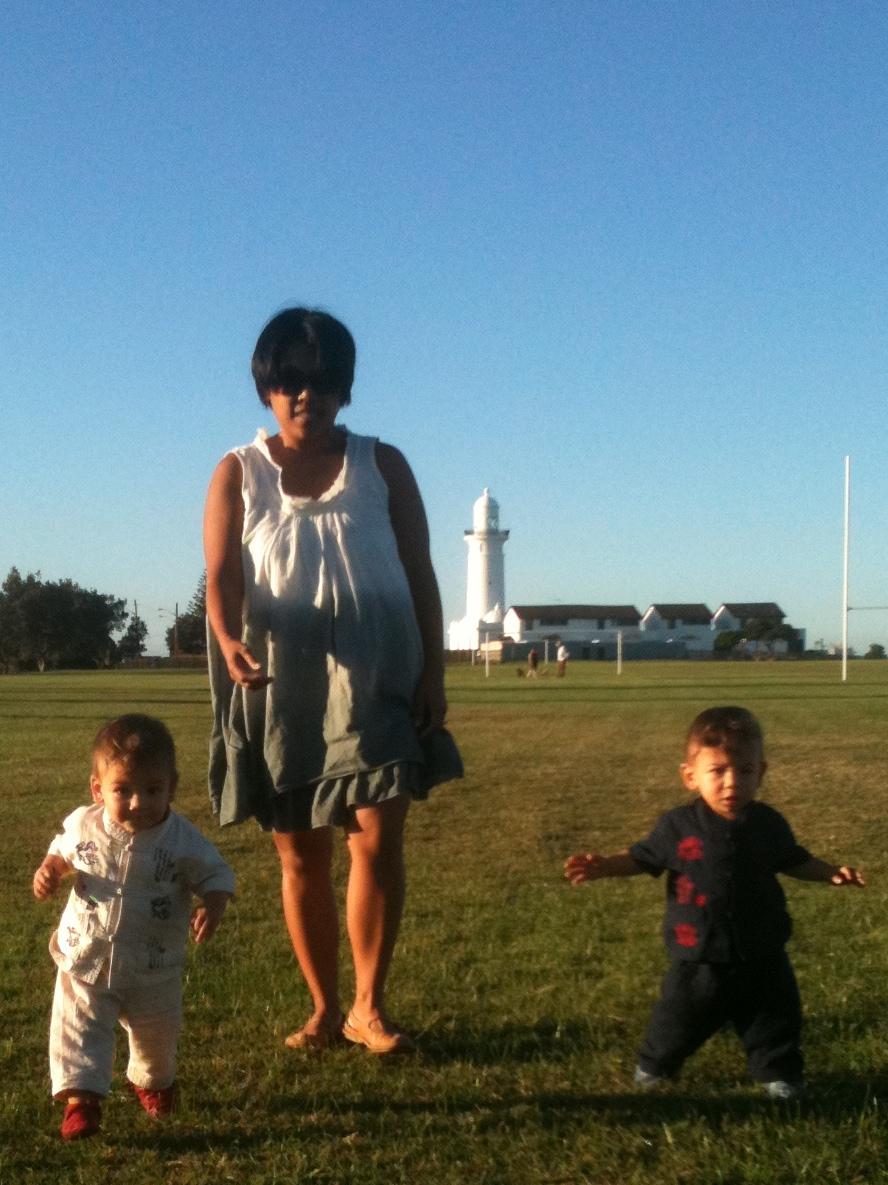When Chinese-American Yale Law professor, Amy Chua released her book, “Battle Hymn of the Tiger Mother” the world of parenting went into overdrive with unrelenting judgement and harsh criticism. Blogs and random comments on the internet were demanding that she be arrested for child abuse. Apparently, she even received death threats.
Woh, people. Settle down.

From the very beginning, Chua throws herself in the worse light as a mother.
As a high-achiever herself, she had definite ideas on raising her children under “Chinese Parenting.” Married to a white Jewish man, her daughters, Sophia and Lulu are taught to speak fluent Mandarin Chinese while observing Jewish beliefs and customs.
From page one, Chua jumps straight into her fixed stance. Under her supervision of “Chinese Parenting” her daughters were never allowed to :
- attend a sleepover
- have a playdate
- be in a school play
- complain about not being in a school play
- watch TV or play computer games
- choose their own extracurricular activities
- get any grade less than an A
Chua begins to explain how such iron-fist rules were successful in the initial years of raising their first daughter.
Obedient and submissive, Sophia was the perfect child who was also groomed as a piano prodigy from the tender age of three.
Yet, when it came to her second daughter, rebellious and feisty Lulu, Chua found herself in the midst of raging tantrums and intense, screaming arguments.
Forcing violin lessons on Lulu, Chua had met her match. Ironically, Lulu was the spitting image of herself: “hot-tempered, viper-tongued…”
In addition, Chua includes accounts of emotional and psychological turmoil. For instance, using fear to force Sophia to practice the piano (which was on average of five to six hours a day), Chua threatened to burn her stuffed animal toys.
There is another occasion when Chua rejects the birthday cards that her daughters gave her one year. (Chua defends her actions stating that the family had in fact, forgotten her birthday until last minute and the cards were written in haste, lacking feeling or sentiment).

Amy Chua and her daughters
Being a new parent, maybe I’m still naive.
Perhaps with my very own strict Indonesian, religious upbringing and dealing with a similar version of a highly-strung Asian mother, I didn’t find “Battle Hymn” particularly shocking.
I didn’t finish the book feeling angry or enraged as many others have.
To me, Chua is simply a mother who comes from a humble migrant background, committed to instilling Chinese old-fashioned fundamentals such as: tenacity, to value education and to be obedient to parents.
Observers, however, have argued that Chua’s daughters suffered from lack of choice. That her intensity to see her children excel to such obsessive extremes resulted in sacrificing her children’s happiness and freedom.
Such rampant debate eventually led Sophia to submit a letter to the New York Post. Defending her mother, she reassures the rest of the world that she and her sister just turned out fine.
What’s refreshing about Chua’s style of writing is that not only is she candid, her humour is self-deprecating.
The book is almost a self-reflection – a shining mirror looking back as to how neurotic and oppressive she had let herself become.
Most importantly, she openly discovered that to resolve her volatile relationship with fiery Lulu, something had to give in.
On the flip-side, she is unapologetic for her parenting style. Instead, not only does she defend and reasons her actions – in shocking fashion – she pokes a burning stick at the flaws of Western parenting.
Calling on Western parents as being too precious and soft when dealing with a their children’s self-esteem. Offering praise too quickly and allowing failure too easily.
Why she decided to completely expose herself to such scrutiny and merciless sentencing from parenting experts around the world and parents in general, is a burning question left unanswered.
Is Chua right ? Is she wrong ? Is she a good mother ? Is she just down-right crazy and evil ?
Although many parents have taken a firm position on either side after reading her book, I for one, cannot decide.
Still carefully conscious of the fact that I am an extremely inexperienced parent, I can’t say if I’ll be imposing some of Chua’s tough love ideals on my own children.
Then again, come back to me when I have a rebellious, unreasonable teenager on my hands.

Leave a Reply